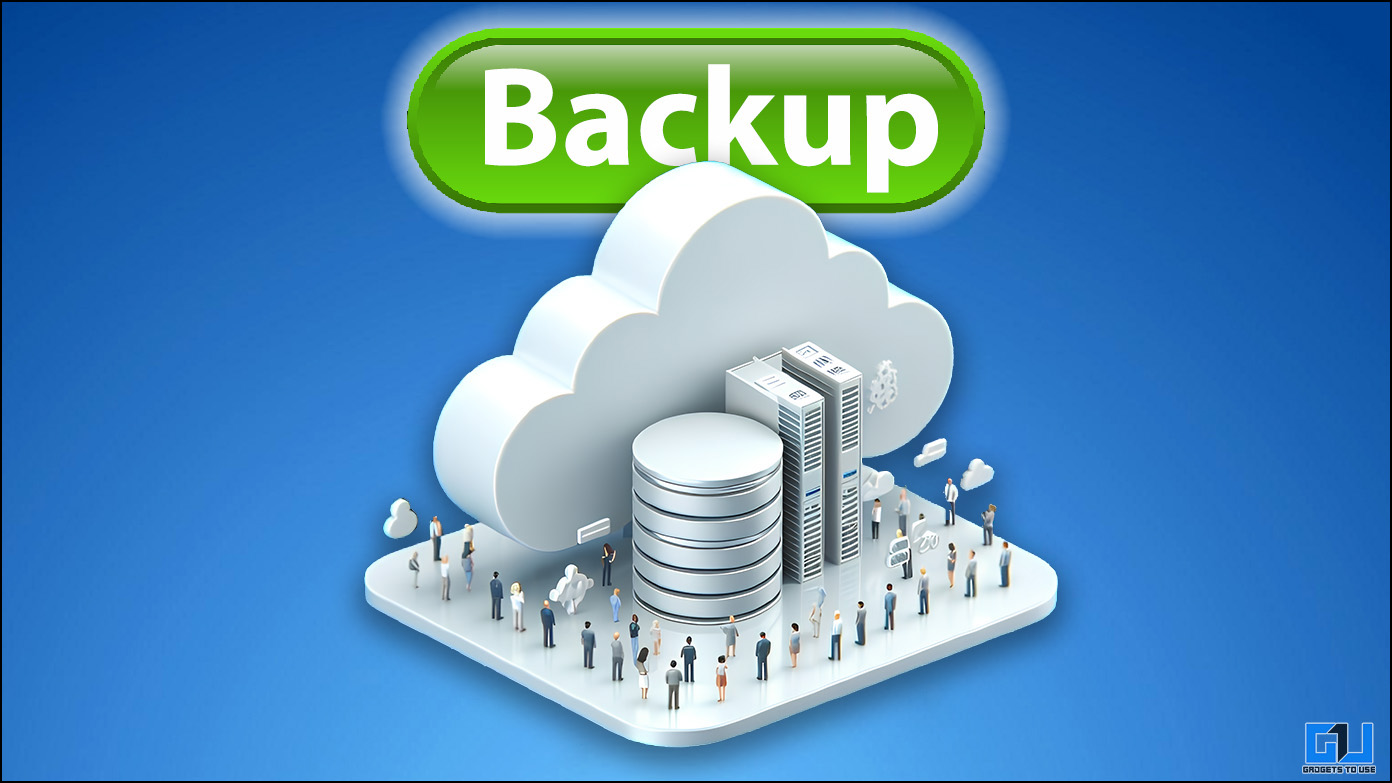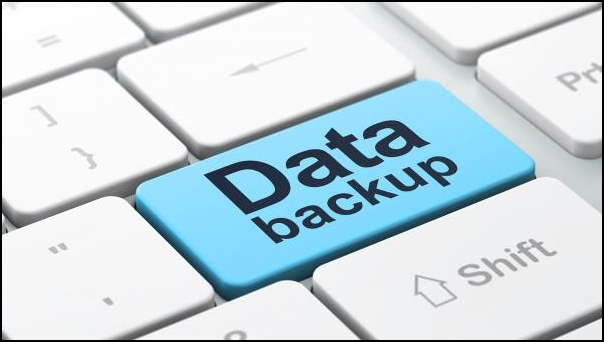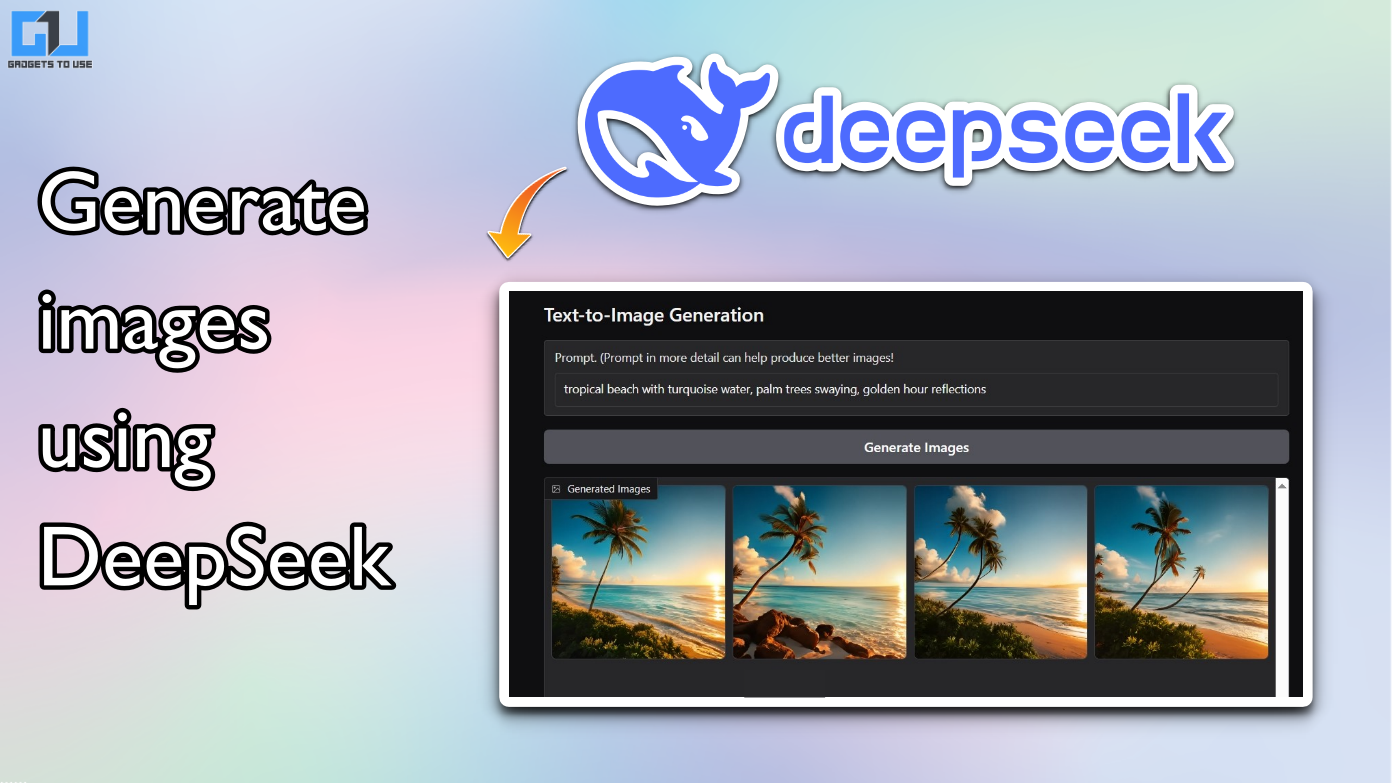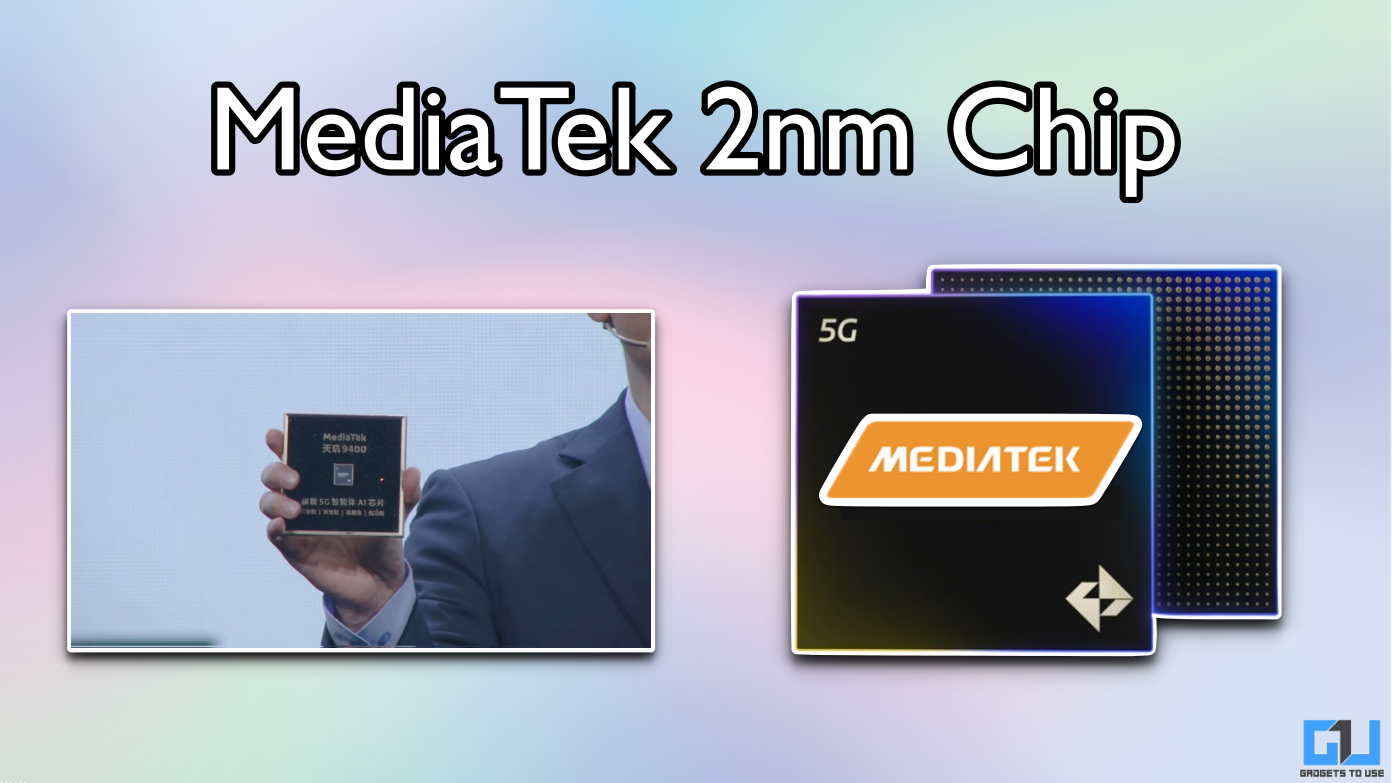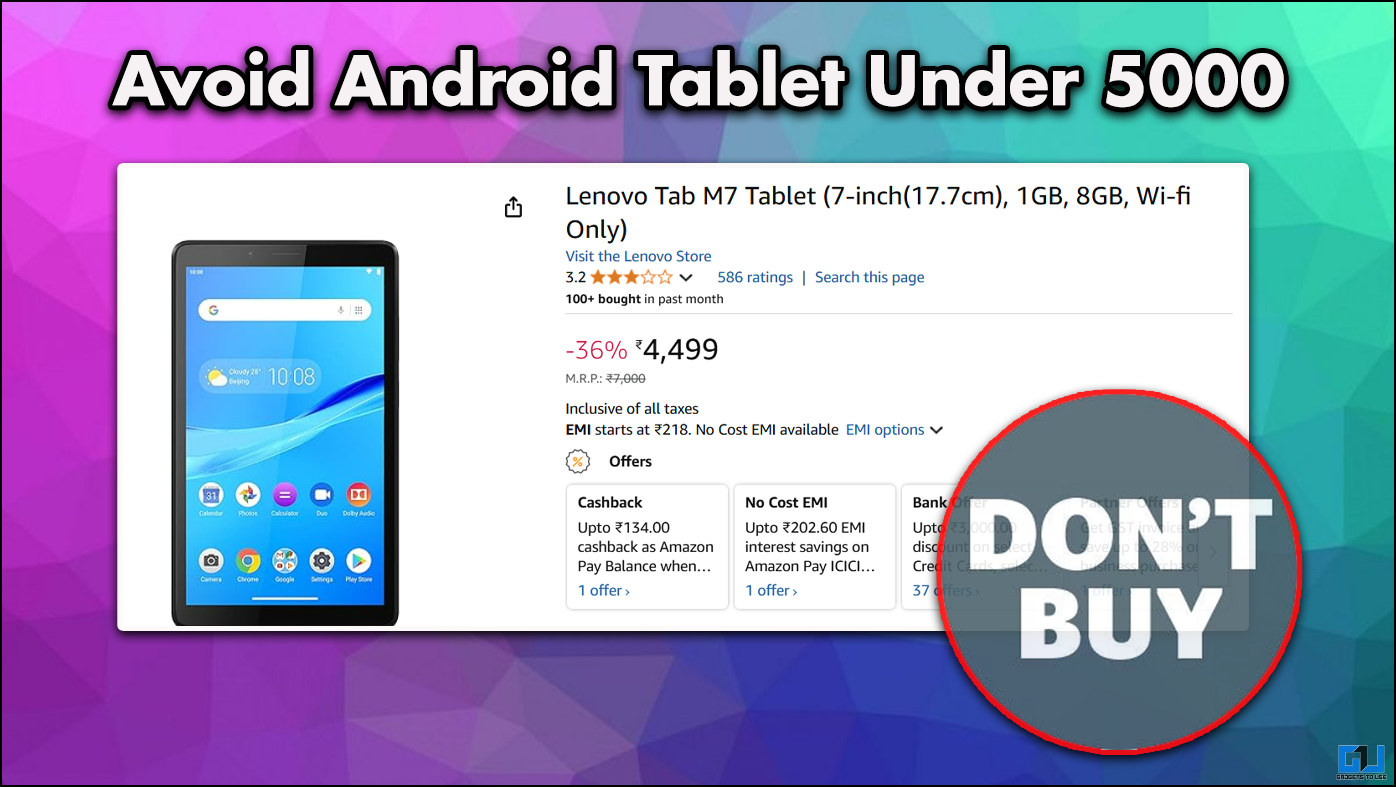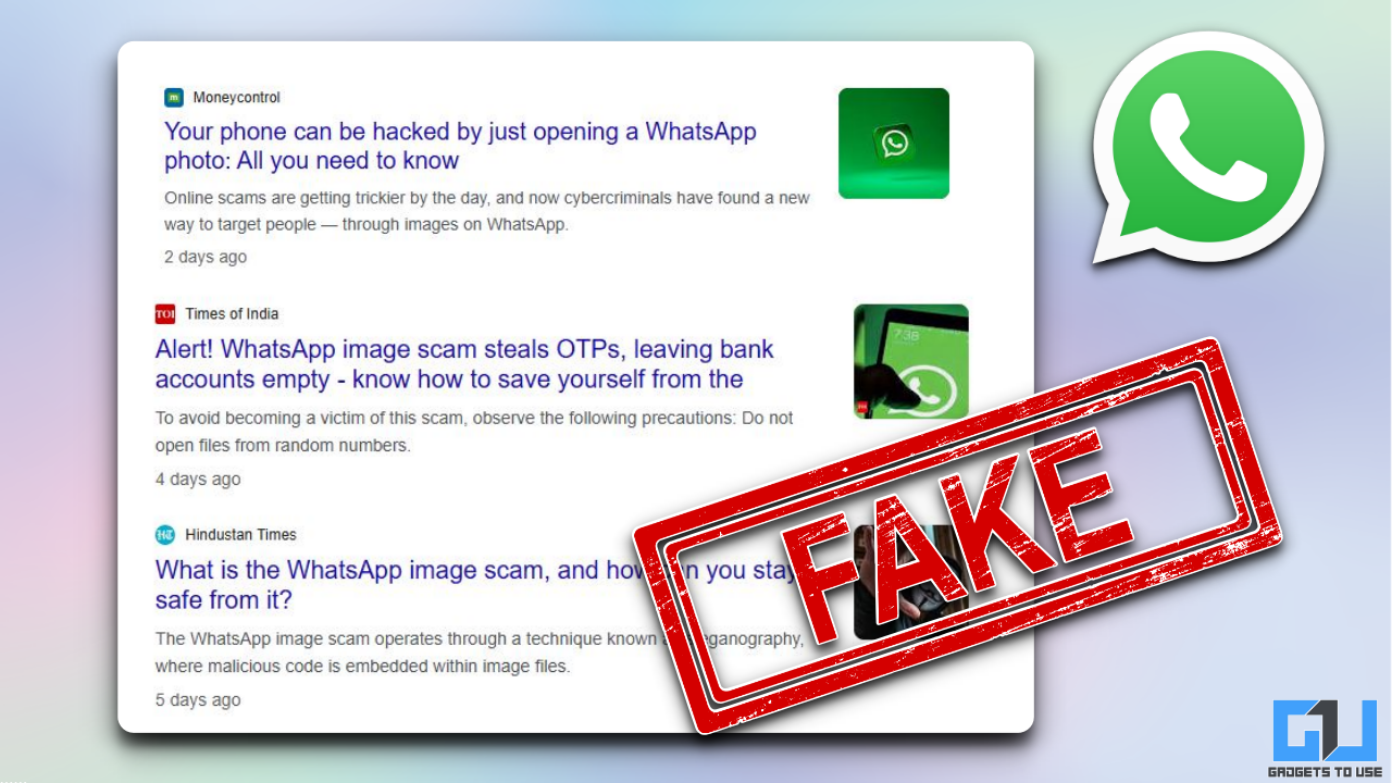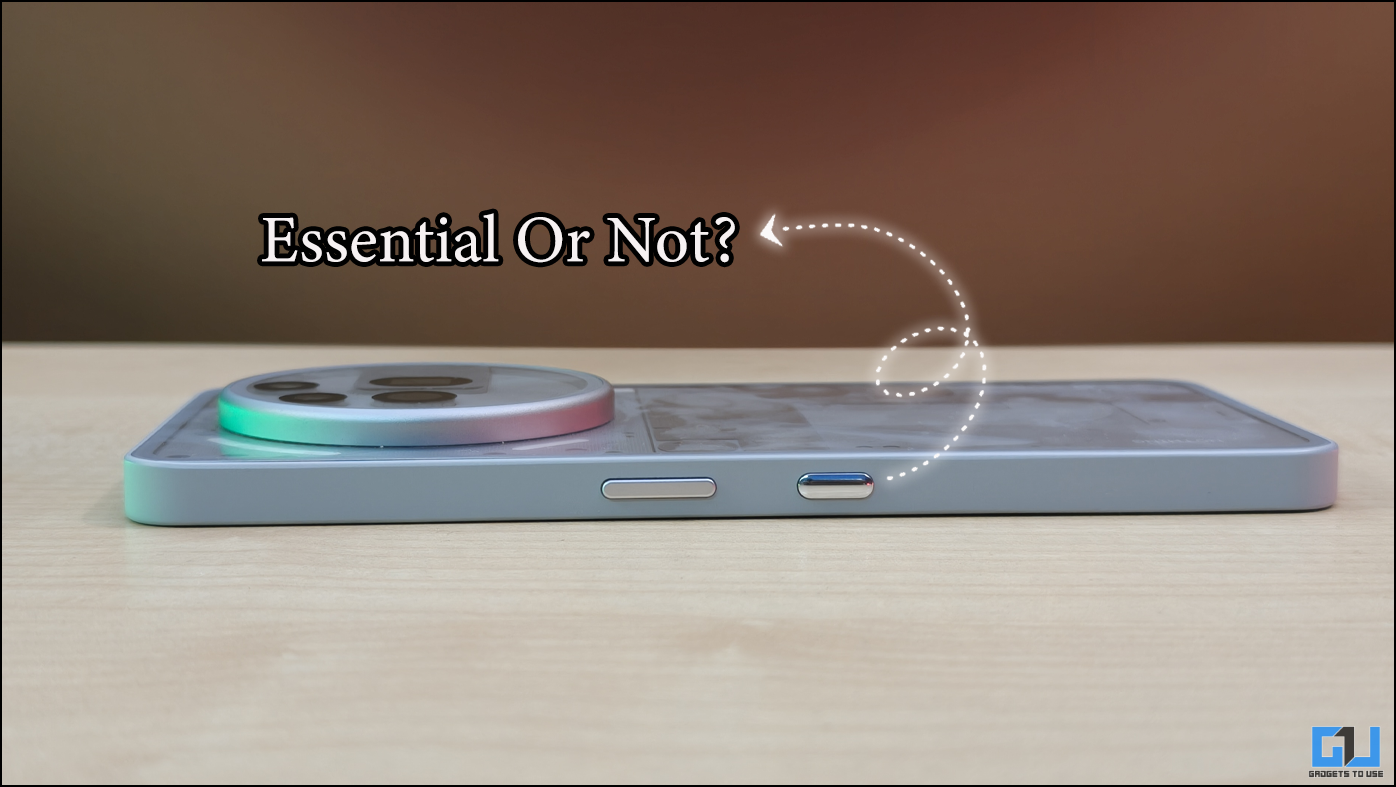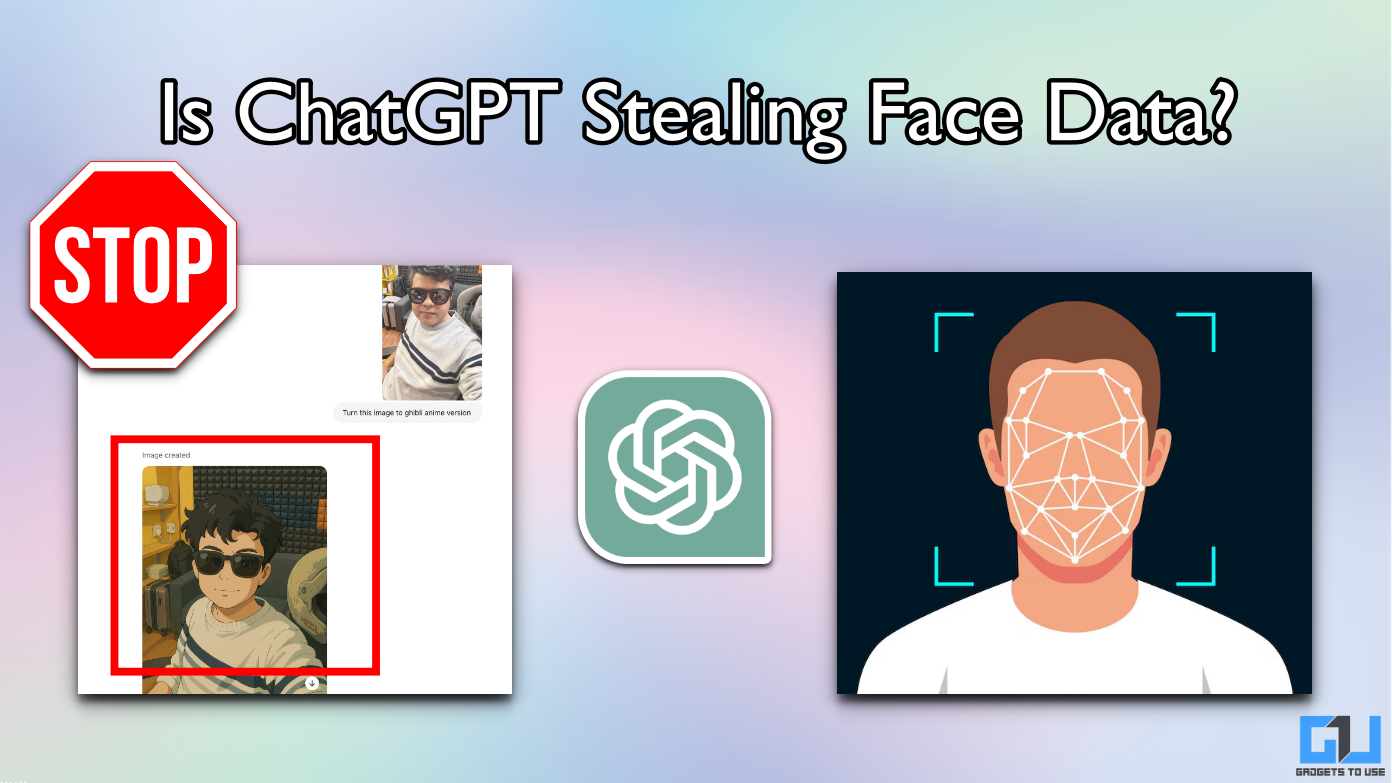Quick Answer
- I have also been part of this 40% share of people as I lost my eight years of WhatsApp data because it was not backed up on Google Drive.
- While those who are not backing up data have their reasons to do so, let’s have a look at the benefits data backup brings.
- As a result, it has been found that people most preferably back up their pictures or images to preserve their memories on online secured servers like Google Photos, iCloud, or Amazon Photos.
Imagine you sit down to do an important project, assignment, or other similar task on your phone or computer. As soon as you begin, you are surprised to find that all your data has vanished or been locked by a hacker. Only to realize that if you could have backed it up in time, it would not have felt devastating to see all your hard work and time gone. According to recent research on people’s backup habits, it is not just you; nearly 40% of people face the same data loss issue as they do not create an online backup.
Data Backup – An Uncanny Dilemma
I have also been part of this 40% share of people as I lost my eight years of WhatsApp data because it was not backed up on Google Drive. As a geek, I should have stayed vigilant, but we all are humans and bound to make mistakes. So this can happen to anyone, and creating an online backup of your data is a crucial step we all must actively take.
There's a wide spread issue with @Android and many people are affected.
If you uninstall @WhatsApp for some reason, the internal backup also gets automatically deleted, with no option to restore.
I lost my 8 years of WhatsApp backup today, while filming this video. 🥲 https://t.co/z7jvm0zP2o pic.twitter.com/PJBIDvwfCW
— Gaurav Sharma (@The_GauravS) October 20, 2023
Why Are People Resistant to Creating Online Backups?
As per the study mentioned above, nearly 68% of the sample universe abstains from creating any backup of their data. While everyone has their own set of reasons for not creating a backup, these are the most prominent ones:
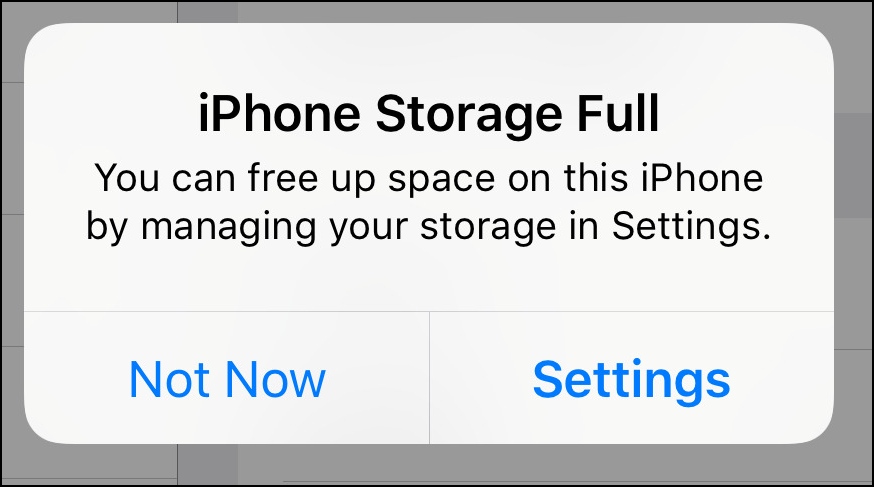
- Nearly 9% are unaware of how to back up their data.
- 6% have not developed a habit of creating backups frequently.
- 5% of the people find the process to be cumbersome.
- 3% prefer to keep the data offline to have better control of the data.
- 3% find cloud backup pricing to be out of their budget.
- 2% are concerned about data privacy.
As a result, it has been found that people most preferably back up their pictures or images to preserve their memories on online secured servers like Google Photos, iCloud, or Amazon Photos. Automatic backups in these apps might be a significant reason for this. The other choices for online backup are:

- Documents and reports,
- Sensitive Data (like financial information),
- Videos,
- Music and audio files.
Benefits of Creating a Backup
While those who are not backing up data have their reasons to do so, let’s have a look at the benefits data backup brings:
- Protection against malware attacks: Creating a backup of our data helps recover recent files without paying money in case of ransom attacks.
- Provides Data Security: If data is lost due to hardware, software, or human error, backed-up data can be recovered quickly.
- Unhindered Workflow: Regularly backing up data mitigates any risk of productivity or data loss, even in case of device loss. This helps ensure smooth operations without any hindrances.
- Peace of Mind: Knowing your data is safe from loss and threats and easily recoverable gives you peace of mind. You can continue your work without worrying about losing your files.
Things to Consider While Backup Data
Now that we have discussed the benefits of backing up our data let’s examine the best possible methods and things to consider when selecting the backup destination.
While choosing the backup method for your data, you should consider these basic checks to ensure your data is secure, safe, and easily accessible:
- Multi-Device Compatibility – You should be able to access your data from various platforms and devices for a seamless experience.
- Fast Data Transfer Speed – The data transfer speed should be fast enough to access your data quickly.
- Strong Encryption Protocol – The backup destination should have strong encryption protocols so your data remains unreadable in case of unauthorized access.
- Muti-Factor Authentication – To further strengthen the security of your data, you should have multiple authentication systems to access it. This usually refers to a second verification form beyond just a password, like an OTP or biometric lock.
- Use only reputed cloud backups – You should trust and use only reputed cloud backups, such as Google Drive, iCloud, OneDrive, etc., as they follow all the points highlighted above.
- Consider hybrid backup for sensitive data – The most important and sensitive data should be stored in at least two secured places using a hybrid approach of local plus cloud to minimize the risk of data loss.
Using a VPN while creating a cloud backup adds a layer of security by encrypting your connection and safeguarding your information during transfer. This becomes crucial when using public Wi-Fi, where the risk of data interception is higher. You should always try using your private and secured network, like your home Wi-Fi or Cellular data.
Wrapping Up
The significance of creating an online data backup cannot be overstated. Despite the hurdles some may face—whether a lack of awareness, a cumbersome process, or concerns over privacy and cost—the benefits of implementing a robust backup system are undeniable. Data backups
are a crucial safeguard against malware attacks, hardware failures, and human errors, providing security and peace of mind. As technology advances, individuals must embrace regularly backing up their data.
Do you back up your data online? If yes, what kind of data, and how frequently? Let us know, and stay tuned to GadgetsToUse for more such reads.
Also, Read:
- 7 Questions Answered About WhatsApp Backup End-to-end Encryption
- How to Backup Contacts on Any Android Phone
- 3 Easy Ways to Take Backup of Your iPhone
You can also follow us for instant tech news at Google News or for tips and tricks, smartphones & gadgets reviews, join the GadgetsToUse Telegram Group, or subscribe to the GadgetsToUse YouTube Channel for the latest review videos.
